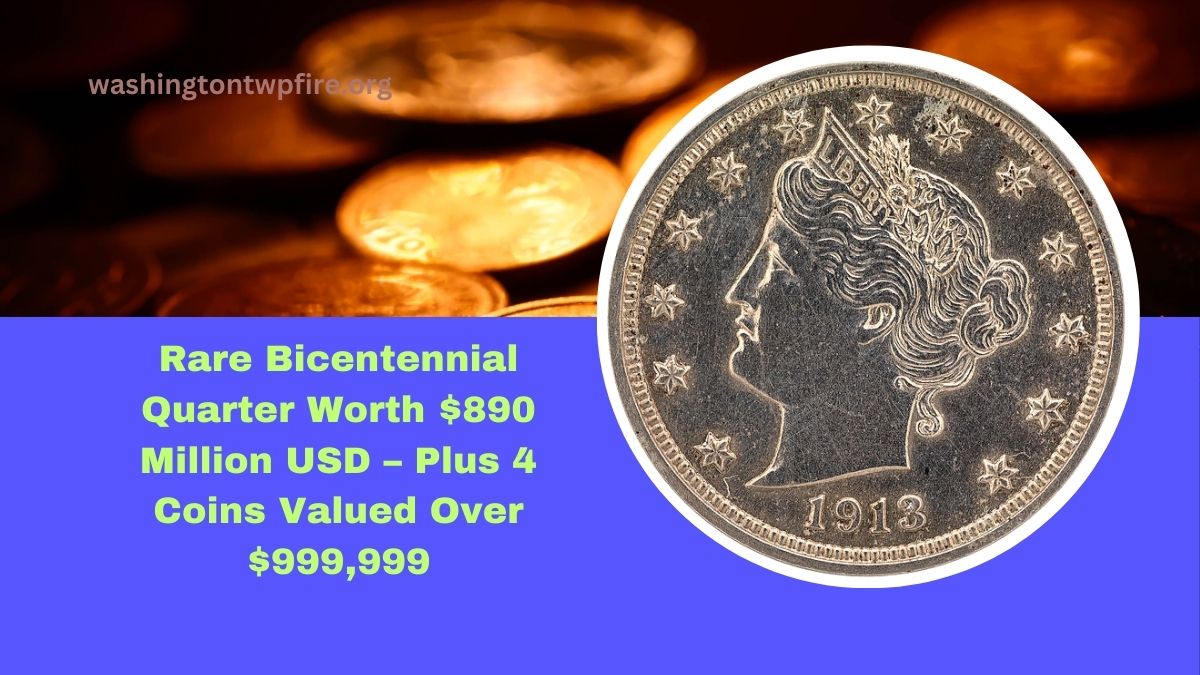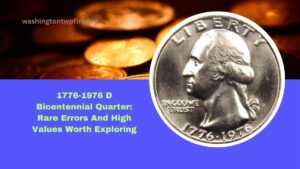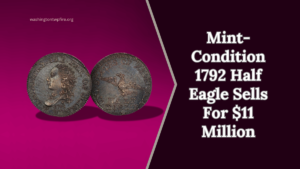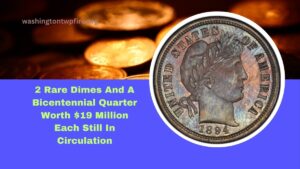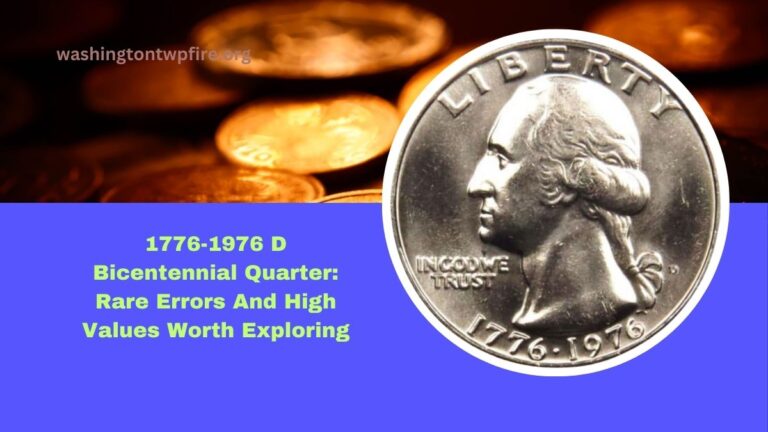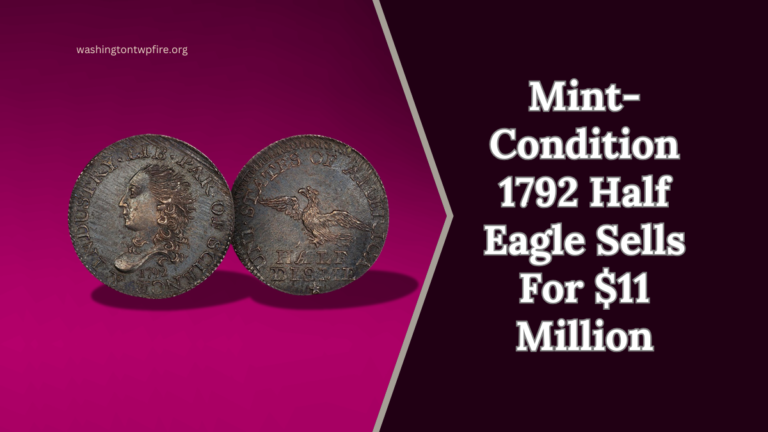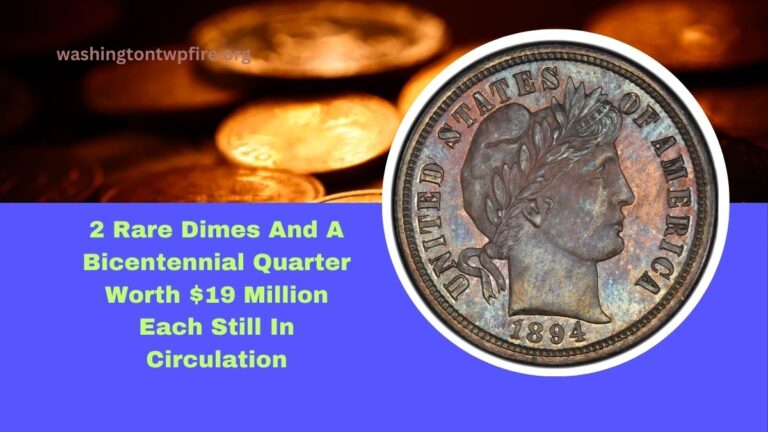In the realm of numismatics, certain coins have achieved legendary status due to their rarity, historical significance, and astronomical values. Among these, the 1976 Bicentennial Quarter has recently garnered attention with claims of valuations reaching $890 million USD.
Additionally, several other coins have been appraised at over $999,999 each. This article delves into these extraordinary coins, exploring their unique features and the factors contributing to their immense worth.
The 1976 Bicentennial Quarter: A Numismatic Marvel
The 1976 Bicentennial Quarter was minted to commemorate the 200th anniversary of the United States’ independence. Distinctive for its dual date “1776–1976” and a special reverse design featuring a colonial drummer, this quarter was produced in large quantities for general circulation. However, certain versions of this coin have been reported to possess extraordinary value.
Evaluating the $890 Million Valuation
Recent reports have surfaced claiming that a particular 1976 Bicentennial Quarter is valued at nearly $890 million USD. Such an astronomical figure is unprecedented in the numismatic world and warrants scrutiny. Typically, even the most rare and historically significant coins have fetched prices in the range of several million dollars.
For instance, the 1933 Double Eagle sold for $18.9 million in 2021, setting a world record. Given this context, a valuation of $890 million for a single quarter appears highly implausible and lacks substantiated evidence from reputable numismatic sources.
Other Notable Coins Valued Over $999,999
Beyond the Bicentennial Quarter, several other coins have been recognized for their exceptional value, each exceeding $999,999.
1. 1913 Liberty Head Nickel
Description: Only five specimens of the 1913 Liberty Head Nickel are known to exist, making it one of the most coveted coins among collectors.
Value: One example sold for $4.56 million in 2018.
2. 1794 Flowing Hair Silver Dollar
Description: Believed to be the first silver dollar minted by the United States, this coin holds immense historical significance.
Value: A specimen sold for $10 million in 2013.
3. 1787 Brasher Doubloon
Description: Minted by goldsmith Ephraim Brasher, this coin is one of the first gold coins struck in the United States.
Value: One example fetched $9.36 million in 2021.
4. 1804 Draped Bust Silver Dollar
Description: Known as the “King of Coins,” the 1804 Silver Dollar is renowned for its rarity and the mystery surrounding its production.
Value: A Class I specimen sold for $3.8 million in 2017.
| Coin | Year | Notable Features | Approximate Value (USD) |
|---|---|---|---|
| 1913 Liberty Head Nickel | 1913 | Only five known specimens | $4.56 million |
| 1794 Flowing Hair Silver Dollar | 1794 | First U.S. silver dollar | $10 million |
| 1787 Brasher Doubloon | 1787 | Early American gold coin | $9.36 million |
| 1804 Draped Bust Silver Dollar | 1804 | Known as the “King of Coins” | $3.8 million |
Conclusion
While the allure of discovering a coin worth $890 million is captivating, such valuations are not supported by credible numismatic evidence. Nonetheless, the world of coin collecting is filled with treasures that hold significant historical and monetary value.
Collectors are encouraged to conduct thorough research and consult reputable sources when evaluating the worth of rare coins.
FAQs
No credible evidence supports a valuation of $890 million for any 1976 Bicentennial Quarter.
Rarity, historical significance, condition, and demand among collectors are primary factors.
Consult reputable numismatic guides, seek professional appraisals, and consider the coin’s condition and rarity.
Not necessarily. A coin’s value depends on factors like rarity, demand, and condition, not just age.
Reputable coin dealers, auctions, and numismatic shows are common venues for selling rare coins.

